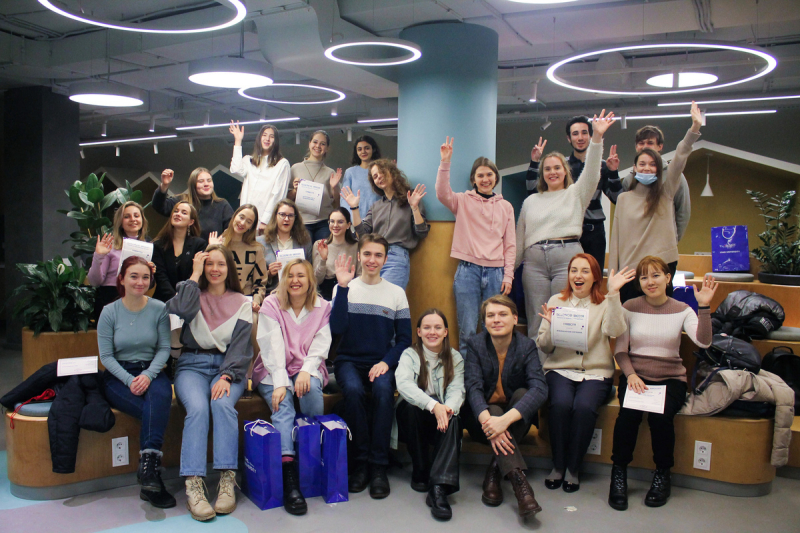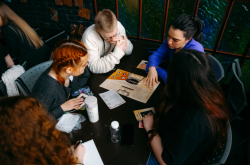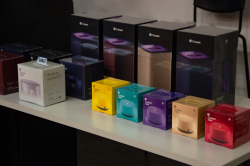Hot topic: big data to the rescue
One of the key tasks of our time is the adoption of new methods of working with information and new formats of presenting content. According to the market development strategy developed by the Big Data Association in collaboration with Boston Consulting Group, big data technologies will make it possible to significantly improve quality of life in Russia through their implementation into healthcare and digital urban planning.
According to the experts, big data is the main source of information. This means that extraction, processing, visualization, and presentation of big data can help not only make the right management decisions but also convey your ideas in a simple and accessible way. And these ideas will be based on data instead of speculation, which would lower the risks of spreading fake information.

ScienceMedia 2021. Credit: Megabyte Media // media.itmo.ru
Format: theory + practice
The data journalism hackathon is an event that aims to present data analysis, visualization, and storytelling practices not only to students engaged in the media but also to those specializing in science communication, data science, art & science, and IT.
This year, ScienceMedia will take place in two stages. First, an online course will introduce students to theory in the field of data journalism and data visualization. The second stage will take the form of an on-site hackathon in St. Petersburg. As a result of the event, students will create media projects based on big data analysis; all final works will be published on the official website.
The hackathon’s organizers aim to equip the participants with competencies on analysis, collection, and presentation of information acquired through big data.
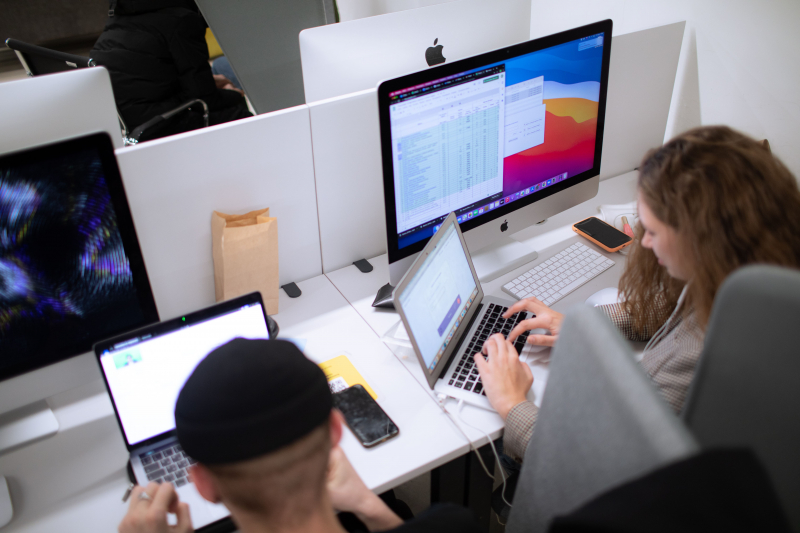
ScienceMedia 2021. Credit: Megabyte Media // media.itmo.ru
Experience: top-tier experts and participants from all over the country
Megabyte Media first held a data journalism hackathon last year. A total of 68 participants from seven Russian regions took part in the first online stage with 24 of them proceeding to the final, where teams developed eight data-based projects. Then, the expert board selected the top three works.
Last year’s experts at the online stage were Oksana Silantyeva, a media producer and the head of Silamedia; Andrey Dorozhny, a data journalist who runs the Telegram channel Data Storytelling; Ekaterina Bonch-Osmolovskaya, a lecturer at Higher School of Economics and a data journalist; and Dmitry Volkov, a lecturer at the Data, Culture, Visualization program by ITMO’s DH Center. At the final stage, the expert team was joined by Anastasia Valeeva, a data journalist and co-founder of School of Data, and Stepan Kostetsky, an editor at Lenta.Ru.
“ScienceMedia 2021 stood out from our previous hackathons. First of all, we changed our specialization and found new target audiences: we used to only invite the staff of student media, but now we also welcome participants specializing in IT, as well as data processing and analysis. Moreover, we added a new section to the program – the online course, where we introduce our participants to the basics of data collection, processing, and visualization, which they will need at the final stage. This year’s event will be expanded; we will invite participants from a wider range or regions, as well as develop an educational and entertainment program for the on-site stage. What’s more, we will change the format of the final task that the students will be working on in St. Petersburg,” says Lidiya Rozumets, the main organizer of Science Media in 2021 and 2022.
Lidiya Rozumets. Photo by Alexey Vlasov, NGF Media (St. Petersburg Mining University)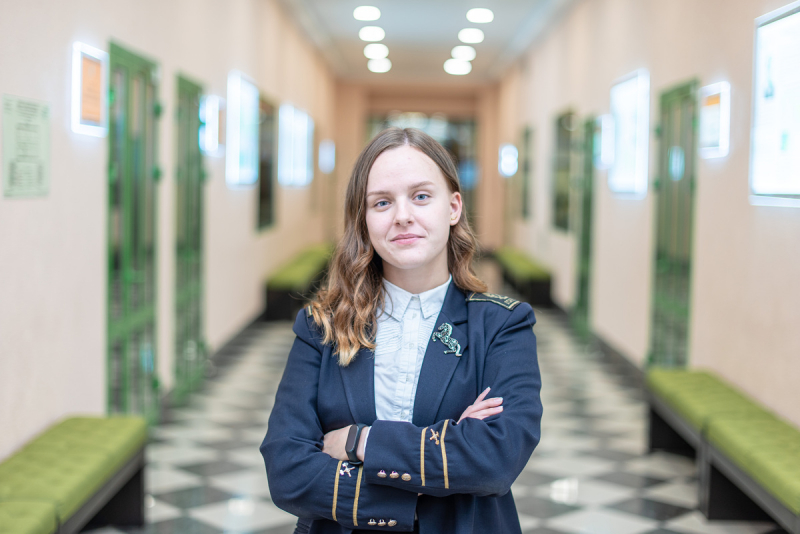
Follow ScienceMedia on VK to stay up-to-date on the contest’s news and be the first to learn when registration opens.
